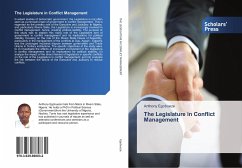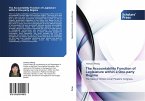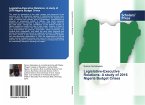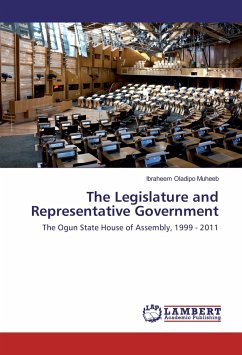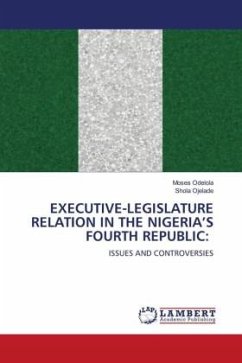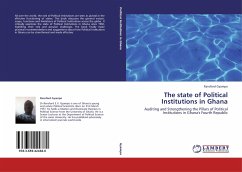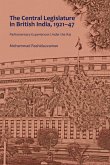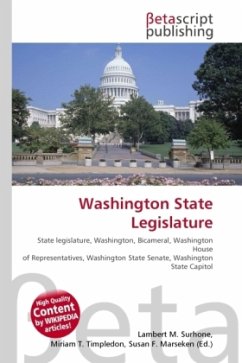In extant studies of democratic government, the Legislature is not often seen as a principal organ of government in conflict management. This is regarded as the primary role of the Executive and Judiciary. In Nigeria, and particularly Rivers State, the Legislature is increasingly involved in conflict management, hence, creating political stability. The purpose of this study was to explain this rising role of the Legislative arm of government in conflict management and its implications for political stability, focusing on the role of the Rivers State House of Assembly, particularly in the management of the conflicts at Ogu, Aggah - Egbema and the prolonged industrial dispute between government and Trade Unions in Tertiary institutions. The specific objectives of the study were to (i) investigate the effects of increased involvement of the legislature in conflict management and its implications for political stability; (ii) analyze the impact of the direct interest of legislators in specific conflicts on the role of the Legislature in conflict management; and (iii) evaluate the link between the failure of the Executive and Judiciary to reduce conflicts.
Bitte wählen Sie Ihr Anliegen aus.
Rechnungen
Retourenschein anfordern
Bestellstatus
Storno

